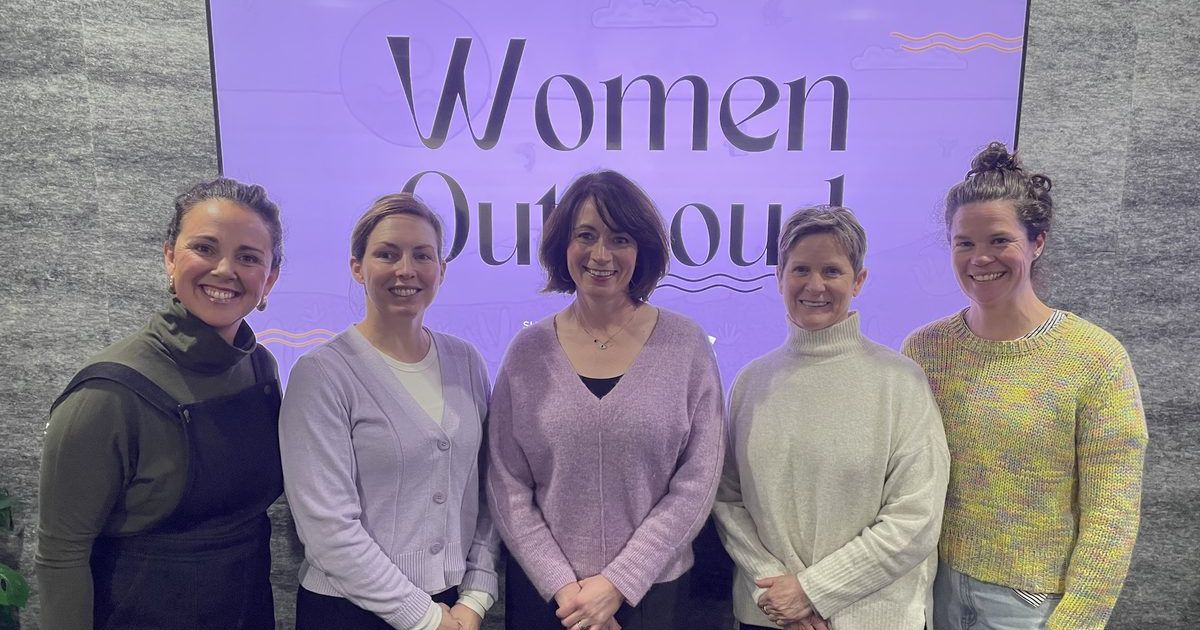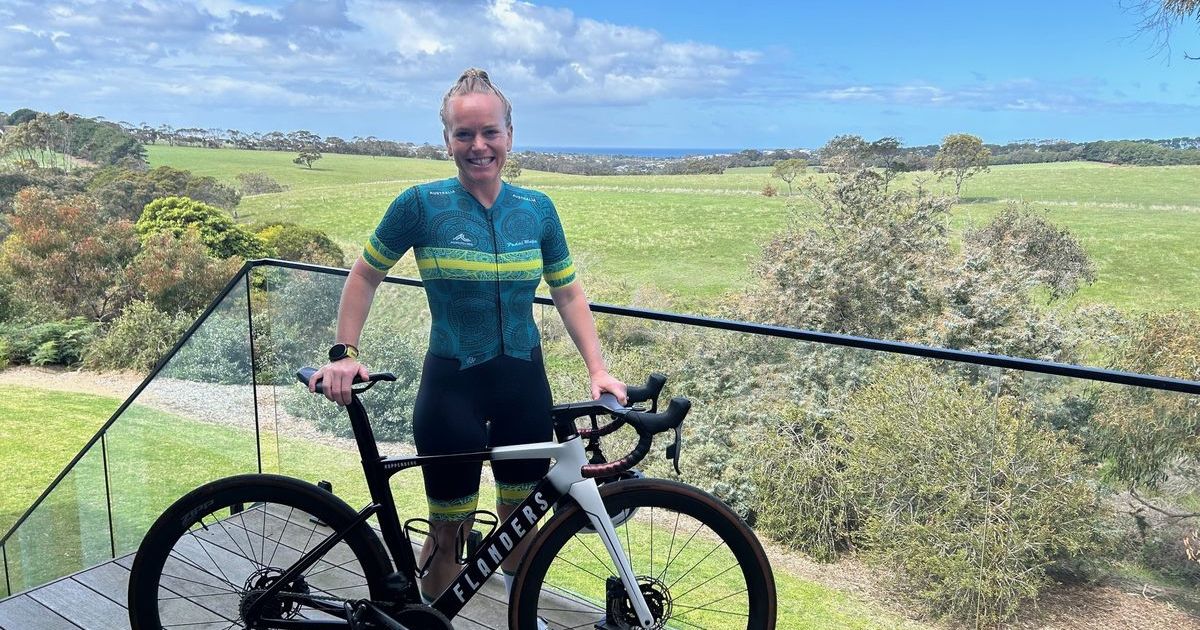Coercive control under the spotlight

Detective Inspector Emma Bartel and Respect Victoria chief executive officer Helen Bolton are guests on the latest episode of Women Out Loud. Photo: SUPPLIED
A SENIOR police officer and the state’s top prevention advocate have called for greater community awareness and early intervention around coercive control, as Geelong and Surf Coast communities continue to see rising reports of family violence.
Detective Inspector Emma Bartel and Respect Victoria chief executive officer Helen Bolton joined hosts Dr Niamh Logue and Amy McElgunn on the Women Out Loud podcast to discuss how coercive control operates, how it is addressed in Victoria, and what support is available.
“This isn’t something that needs to stay behind closed doors,” Bartel said.
“You don’t have to wait until things get worse. Police are here to listen, support, and connect you with help.”
Coercive control refers to a pattern of non-physical behaviours designed to dominate, isolate or intimidate a partner, eroding their independence and sense of safety.
“It can begin with things like questioning where you’re going or who you’re with, making comments about your clothing, or undermining your financial autonomy,” Bolton said.
“Over time, it can escalate.”
Bartel, who provides strategic crime advice across the western region of Victoria, explained that while coercive control is not yet a standalone offence in Victoria, it is recognised within the Family Violence Protection Act.
“Once an intervention order is in place, behaviours that weren’t previously criminal can become criminal if they breach those court-imposed conditions,” she said.
The guests stressed that intervention orders are a key legal tool and that police can assist with the process. Victims can also apply directly to local courts.
“If you feel you’re being controlled, you can come to police for advice or support at any time,” Bartel said.
Bolton, formerly the chief executive officer of the Sexual Assault and Family Violence Centre in Geelong, recommended documenting incidents to help identify patterns.
“When you write things down, you start to see that this isn’t just one bad day. It helps you trust your instincts,” she said.
The podcast also highlighted signs that friends, family, colleagues or health professionals might notice.
“People might withdraw from relationships, lose confidence, or stop taking part in activities they once enjoyed,” Bolton said.
Support services such as the Barwon Multidisciplinary Centre in Geelong West offer a coordinated response, bringing together police, legal, child protection and counselling services under one roof.
“It’s welcoming and non-intimidating, and it provides options without pressure,” Bolton said.
Both speakers said coercive control should not be minimised.
“Even if there’s no bruises, it’s really serious,” Bolton said.
“You deserve to feel safe, heard and respected,” Bartel said.
“Please speak up. We’re here for you.”
Support is available 24/7 through Victoria Police or specialist family violence services. For anonymous advice, visit the Barwon MDC in Spring Street, Geelong West or contact Respect Victoria. Resources are also linked in the podcast show notes.
//SPONSORED CONTENT

















